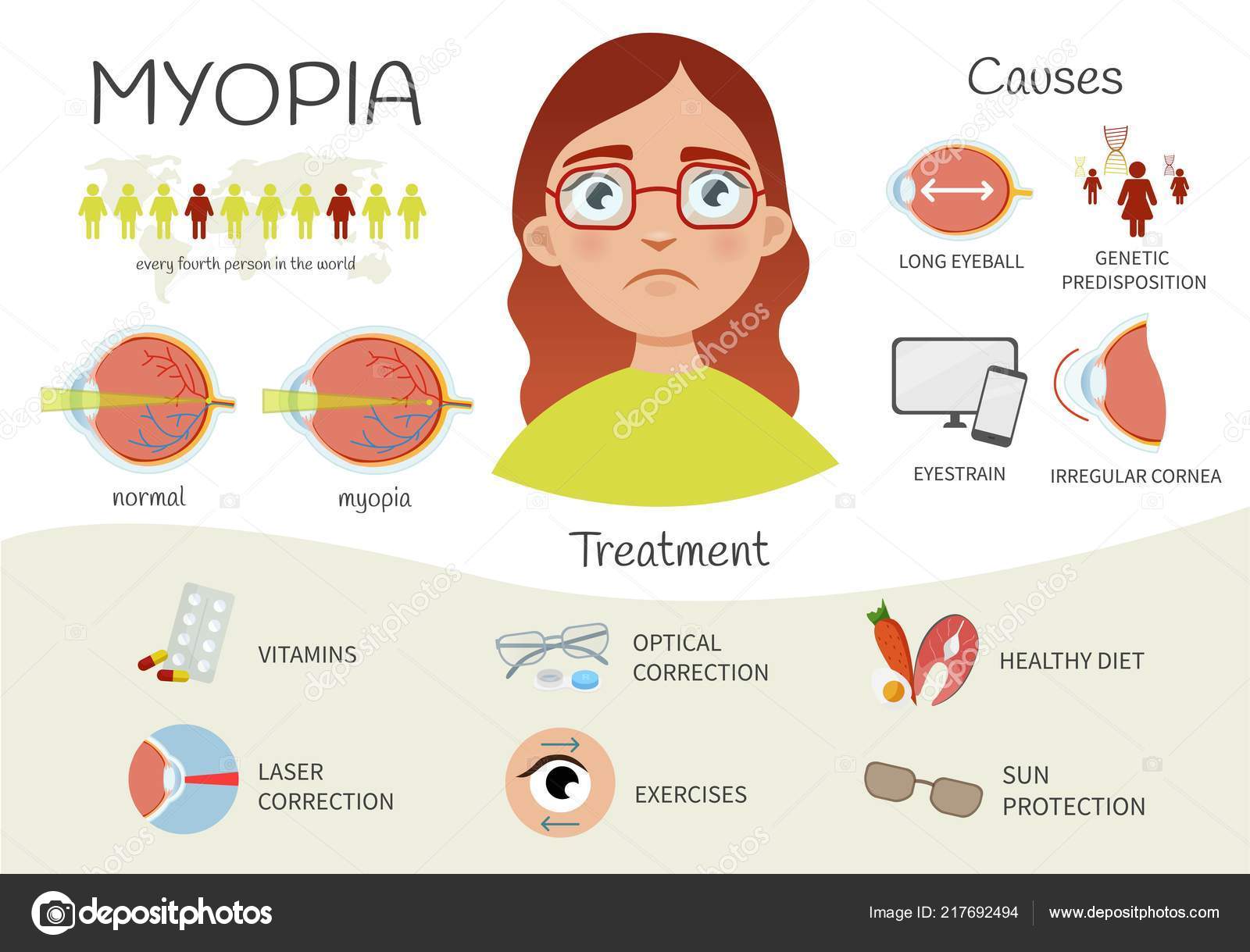Refractive Lens Exchange: A Substantial Guide For Superior Vision
Refractive Lens Exchange: A Substantial Guide For Superior Vision
Blog Article
Staff Author-Edmondson Noble
If you more than 40 and having problem with vision concerns like hyperopia or nearsightedness, Refractive Lens Exchange (RLE) might be worth thinking about. This treatment changes your all-natural lens with an artificial one, potentially minimizing your dependancy on glasses. While the advantages are appealing, it's critical to recognize the dangers and qualification needs. What should you understand before deciding that could change your vision for life? Allow's explore this topic additionally.
Recognizing Refractive Lens Exchange
Understanding Refractive Lens Exchange (RLE) can be important for those thinking about vision modification choices.
RLE is an operation that replaces your eye's all-natural lens with an artificial intraocular lens. It's mainly aimed at dealing with severe refractive errors, such as hyperopia, nearsightedness, or presbyopia.
During the treatment, your cosmetic surgeon will eliminate your over cast or clear lens and replace it with a lens tailored to your vision needs. This option is frequently considered for people over 40 who may not appropriate prospects for LASIK.
By choosing RLE, you're not simply enhancing your vision; you're likewise possibly minimizing your dependancy on glasses or call lenses.
Recognizing exactly how RLE works will certainly encourage you to make educated decisions about your vision health.
Perks and Risks of RLE
Picking RLE not just uses an opportunity to boost your vision but additionally comes with its very own collection of benefits and threats.
One substantial benefit is the capacity for more clear vision, decreasing or removing your reliance on glasses or call lenses. You may additionally experience a more comprehensive range of vision, specifically if you opt for multifocal lenses.
Nonetheless, there are threats included, such as infection, difficulties throughout surgery, or frustration with the results. Some patients experience visual disturbances like halos or glare.
It's important to weigh these advantages and dangers very carefully. Consulting with your eye treatment professional can help you make an educated choice that straightens with your vision objectives and lifestyle.
Qualification Standard for Refractive Lens Exchange
Prior to taking into consideration Refractive Lens Exchange (RLE), it's essential to figure out if you satisfy the eligibility standards. Usually, https://cost-of-eye-lenses40505.blog2freedom.com/35575057/comparing-traditional-and-modern-approaches-to-treating-glaucoma 're an excellent candidate if you're over 40 years old and have a stable prescription.
You need to likewise be experiencing refractive errors like nearsightedness, hyperopia, or presbyopia. It's important to have healthy and balanced eyes with no significant conditions, such as cataracts or glaucoma.
Furthermore, you must remain in excellent overall health and wellness and not have any kind of conditions that might influence healing, like uncontrolled diabetic issues. If you wear contact lenses, you might require to stop wearing them for a while before your assessment.
Consulting with an eye treatment specialist will certainly assist you comprehend your particular circumstance and whether RLE is right for you.
Verdict
Finally, refractive lens exchange can transform your vision and decrease your reliance on glasses or calls. While https://collegian.com/2017/05/csu-undie-run-planned-for-friday-without-university-support/ provides numerous benefits, it's vital to understand the threats and guarantee you meet the qualification requirements. Consulting with an eye treatment specialist will certainly assist you make an educated decision customized to your demands. If you're considering RLE, put in the time to discover your alternatives and review any type of worries, leading the way for clearer, much more vivid eyesight.
